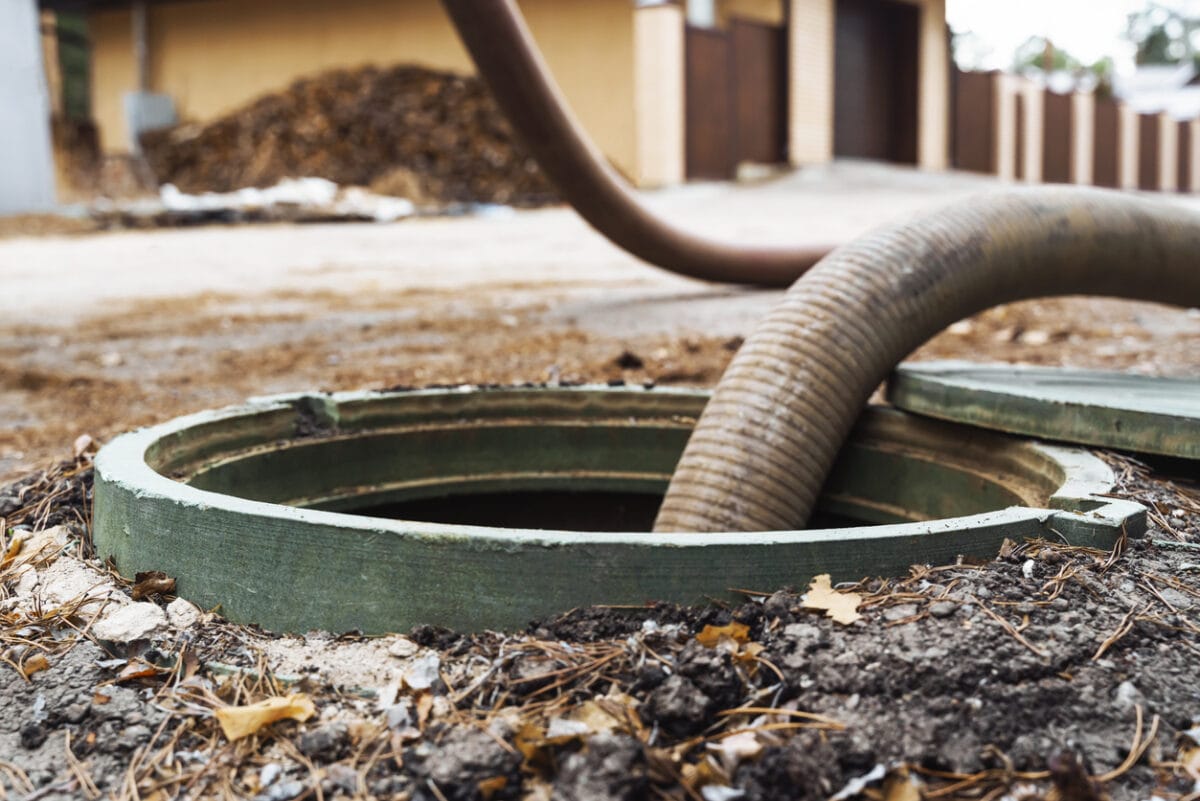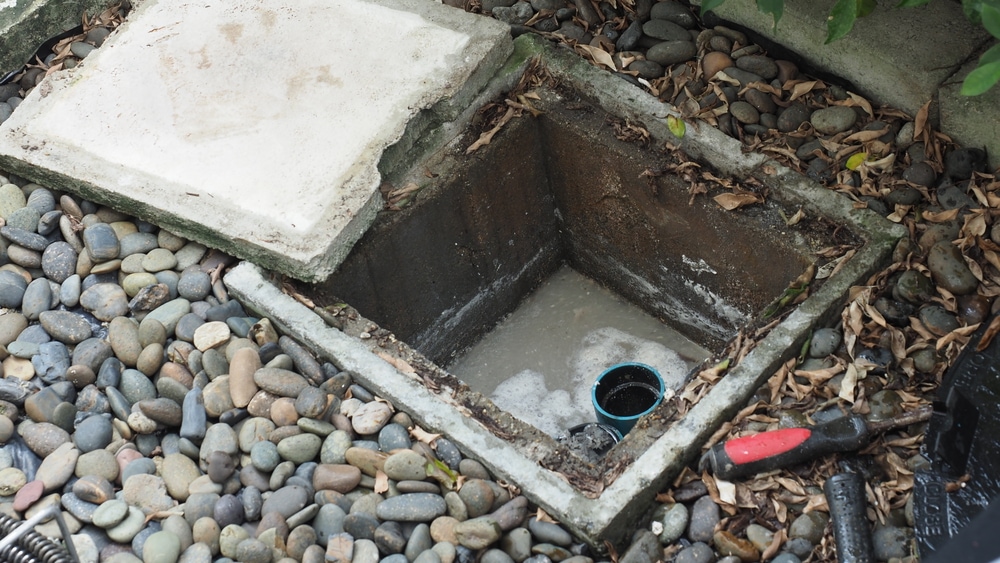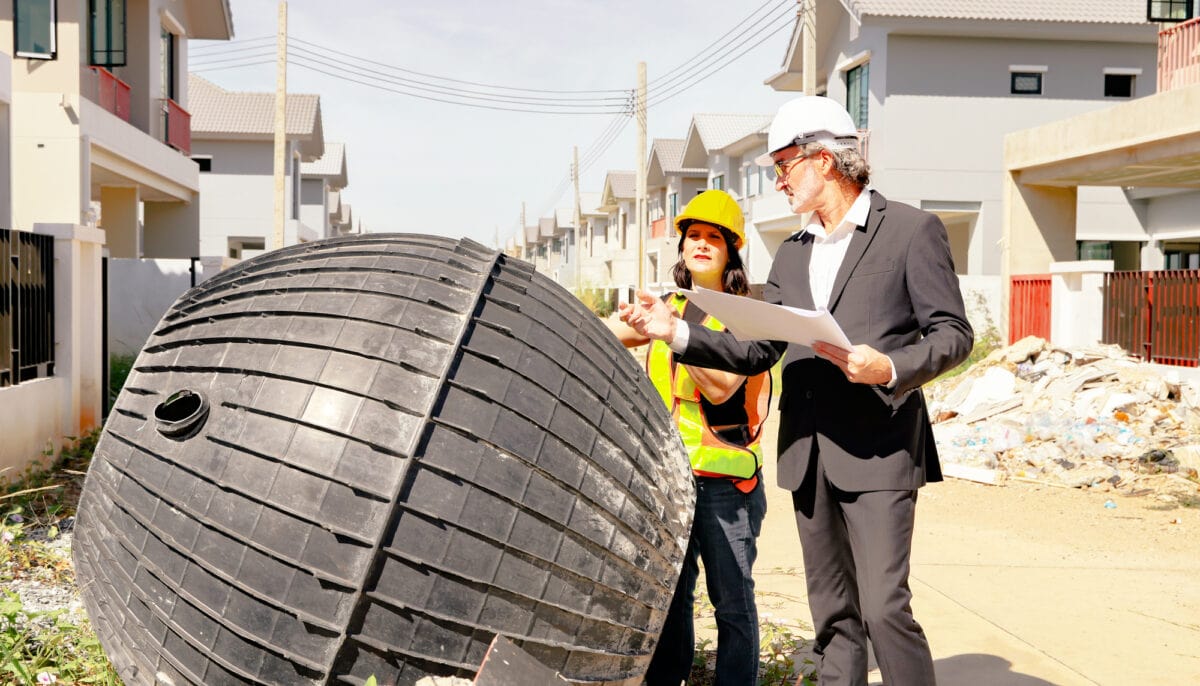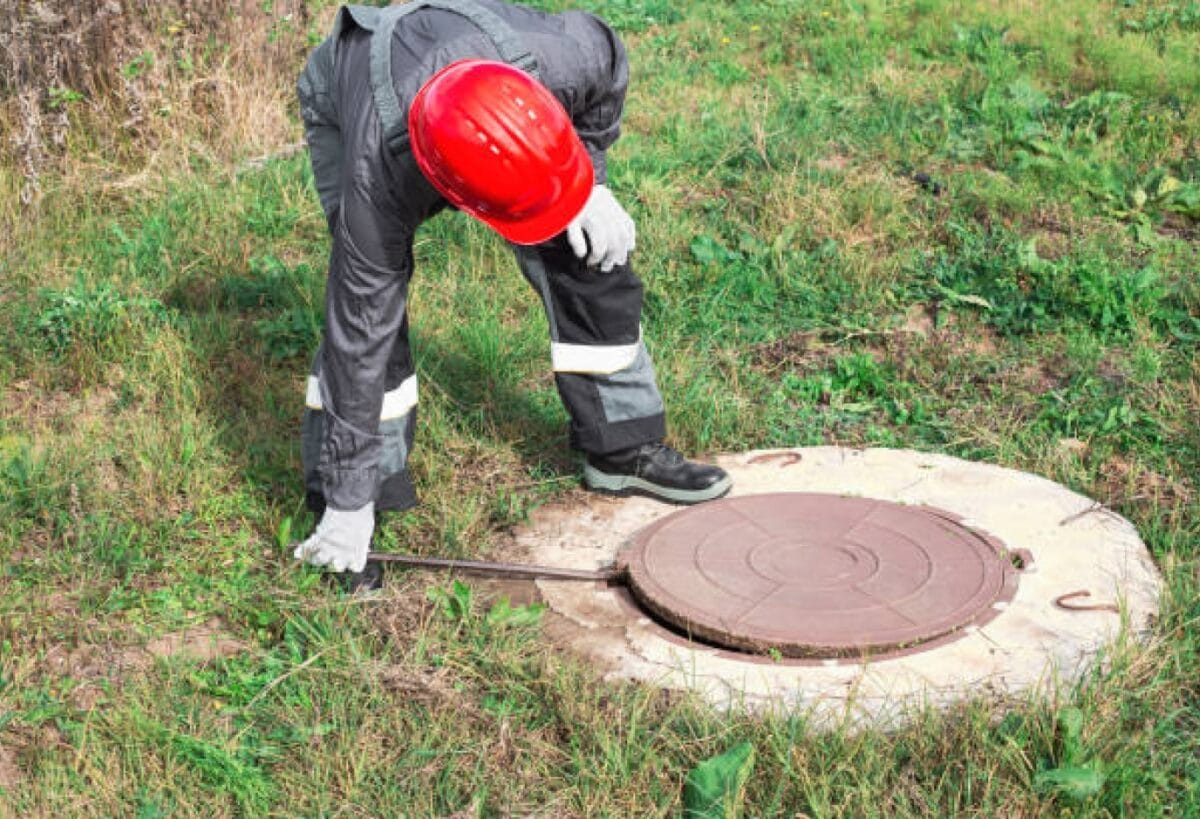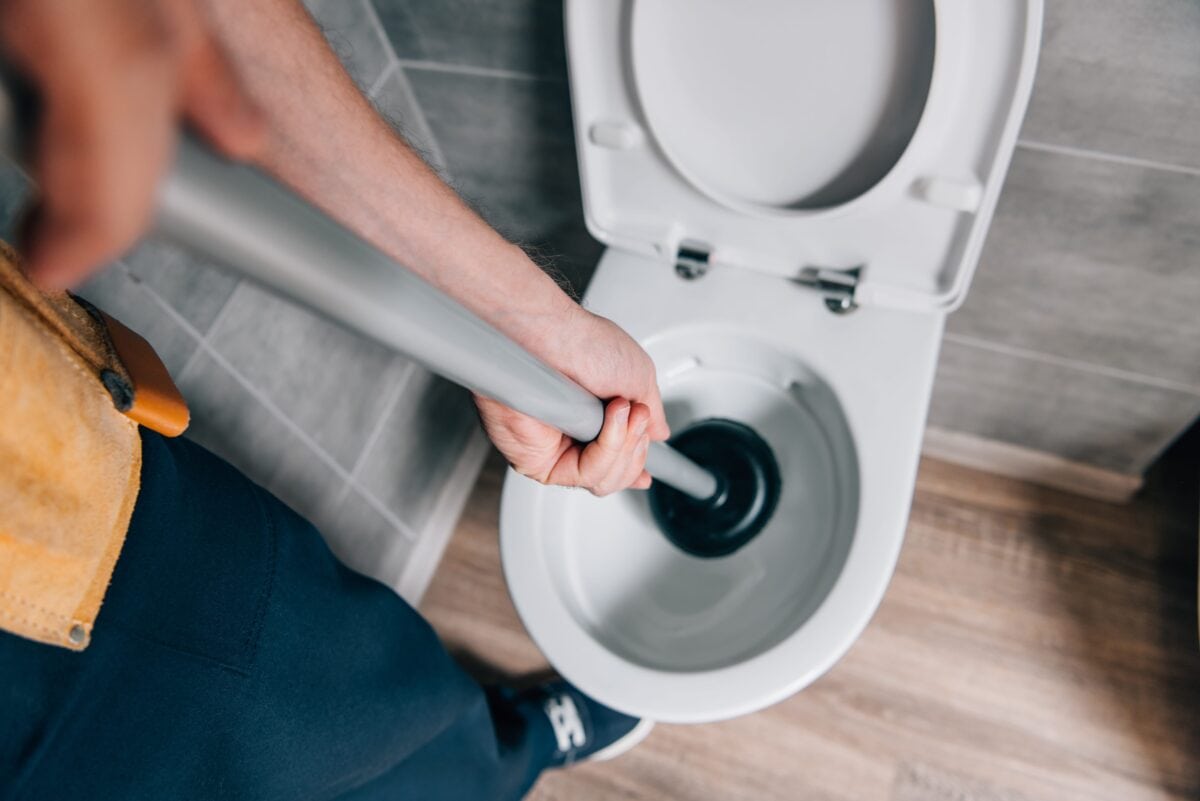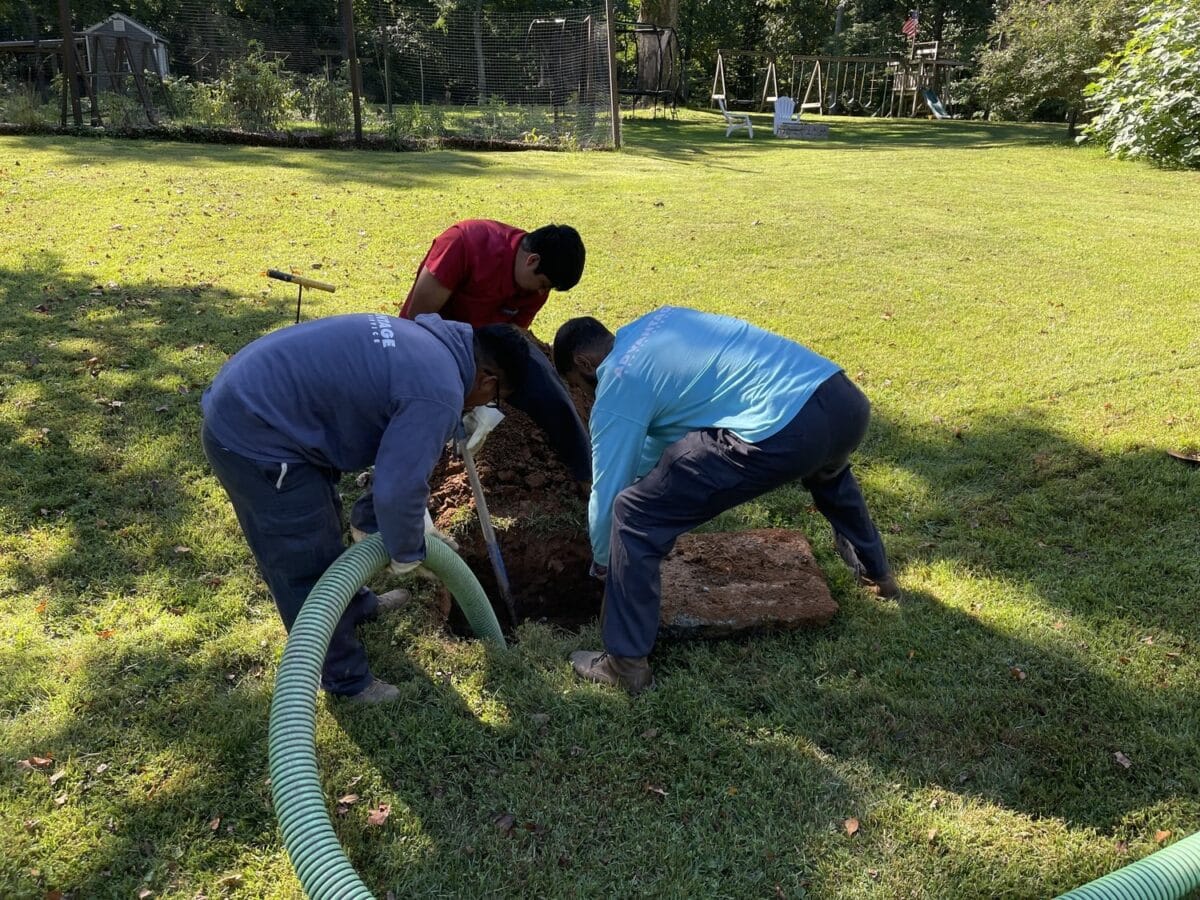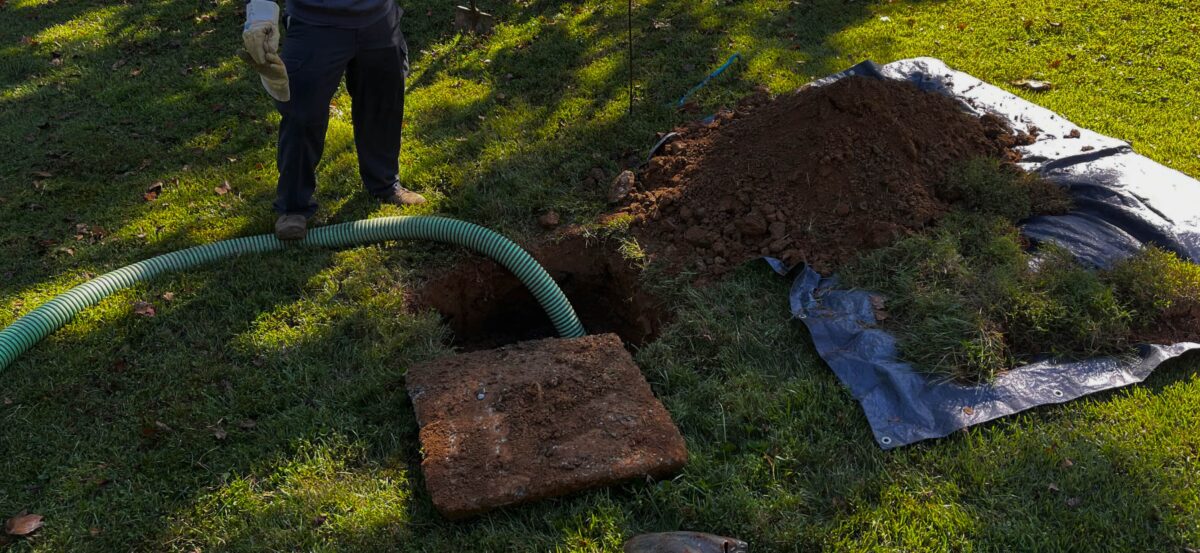Resources
Recent posts
- All
- ARTICLES
- COMMUNITY
- EDUCATION
How Often Should You Clean Out Your Septic Tank?
Maintaining a healthy septic system is crucial for the overall well-being of your property. One of the…
How Does Grease Trap Pumping Work?
Keeping your grease trap pumped plays a critical role in maintaining a clean and functional sewer system…
7 Tips for Finding a Quality Septic Service Company
When it comes to maintaining your septic system, finding a reliable septic company in Northern VA is…
Conventional Septic Systems Need Maintenance Too
You may get our newsletters because we inspected a septic system before purchasing or selling a house….
7 Causes of a Septic Tank Backup
Septic tanks are a critical component of many homes, especially in rural areas without access to municipal…
What Is a Septic Pump Out Service?
A home’s septic system plays a vital role in waste management. Septic tanks handle and filter out…
What To Do After Your Nokesville VA Septic Tank Is Pumped
Septic tanks require routine pumping and maintenance to ensure that they function correctly. After your septic tank…
Dream Project
Everyone should have access to an affordable education. The Dream Project empowers Virginia students whose immigration status…
FAQs and Tips
Understanding how your septic system works and maintaining it will save you time and money, and most importantly, help protect the environment. Feel free to ask our professional technicians questions what we do and why.
How does a conventional septic system work?
Conventional septic systems are the most common type of septic system. The others are innovative/alternative I/A systems and cesspools. A conventional system includes a septic tank, distribution box, and drain field.
How do I know if my system is having problems?
- Muddy Soil or Pools of Wastewater around Your Septic Tank or Soil Absorption System
- Sewage Smells around Your System or Inside Your House
- Backups When You Do Laundry, Take Showers, or Flush the Toilet
Will additives help my system?
There isn’t one on the market that can make a failing system pass inspection. We do not evaluate the accuracy of claims manufacturers make about the effects their products will have on system performance.
How often should I pump?
The Chesapeake Bay Act requires septic tanks to be cleaned every 3–5 years. Pumping your system regularly will prolong the life of your septic tank.
Why are failing septic systems harmful?
Failing systems leak excessive nutrients and bacteria into natural waterways, destroying plant and animal habitats and can transfer diseases, such as dysentery, hepatitis, and typhoid fever to animals and humans.
Do I really save money by maintaining my system?
Costs range from $355 - $415 for pumping, inspections start at $750. New systems could cost $50,000 or more.
Do’s & Don’ts
DO have the system inspected and pumped every 3–5 years. If the tank fills up with an excess of solids, the wastewater will not have enough time to settle in the tank. These excess solids will then pass on to the drain field, where they will clog the drain lines and soil.
DON’T use your toilet or sink as a trash can by dumping non-biodegradables, such as cigarette butts, diapers, feminine products, or grease down your sink or toilet. Non-biodegradables can clog the pipes, while grease can thicken and clog pipes. Store cooking oils, fats, and grease in a can for disposal in the garbage, or better yet, bring it to a recycling facility.

